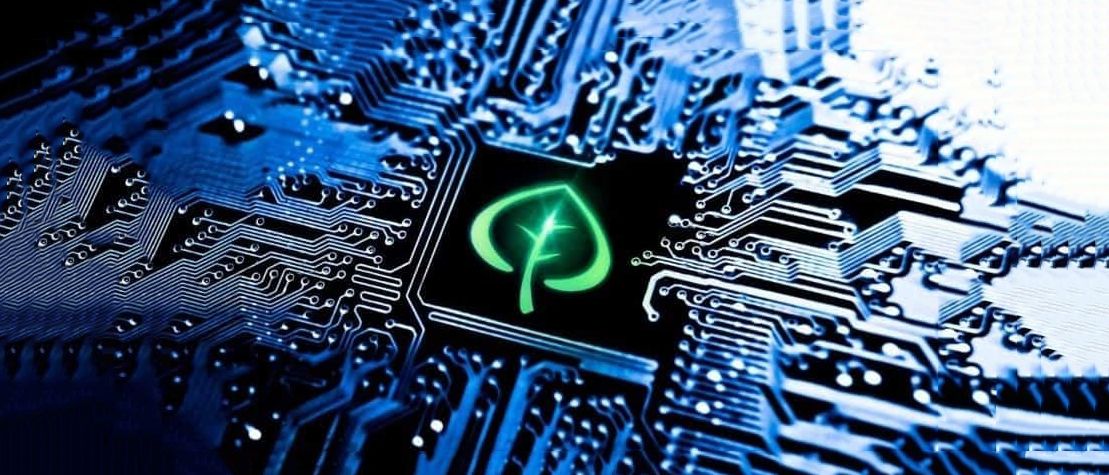
Energy efficiency in the 5G era: New ITU standards nearing approval
Three new ITU standards aim to support sustainable power feeding solutions for IMT-2020 (5G), energy-efficient datacentres, and smart energy management for telecom base stations.
The standards are under development in ITU-T Study Group 5 (Environment and circular economy) and have achieved the first-stage approval (‘consent’) required to enter the close of their development cycle.
“Certain 5G network topologies will lead to increases in power consumption that will challenge the capabilities of our current supply systems,” says Paolo Gemma, Huawei, Chairman of ITU-T Study Group 5’s Working Party 2, which coordinates the group’s work on energy efficiency.
“We run the risk of seeing shortfalls across the breadth of the power supply system, from mains capacity to power capacity, backup power, and temperature control capability,” says Gemma.
The new ITU standard – ITU L.1210 ‘Sustainable power feeding solutions for 5G networks’ – will detail requirements relevant to power supply, infrastructure dimensions, backup capacity, and network operations and maintenance. The standard will provide industry with a common point of reference for new-build 5G deployment scenarios as well as network evolution scenarios. Its ultimate aim is to support simple, intelligent and green energy networks for 5G.
RELATED: How we can turn digital technology innovation into climate action
A second ITU standard nearing approval – ITU L.1380 ‘Smart energy solution for telecom base stations’ – will describe techniques for the automated control of power feeding from multiple energy sources, with a view to improving energy efficiency and reducing operating costs.
“A ‘smart energy solution’ prioritizes the intake of power from solar energy sources,” says Gemma. “And for base stations in remote areas, where backup power is also provided by diesel generators, smart energy management would ensure that the use of such generators is kept to an absolute minimum.”
A third ITU standard – ITU L.1305 ‘Specifications of datacentre infrastructure management (DCIM) system based on Big Data and Artificial Intelligence technology’ – will support DCIM systems in reducing the energy required to control datacentre temperature.
“Artificial Intelligence introduces new opportunities to achieve more efficient monitoring and control of a datacentre,” says Gemma. “This new ITU standard focuses on efficient cooling control, an essential element of datacentres’ environmental sustainability.”
